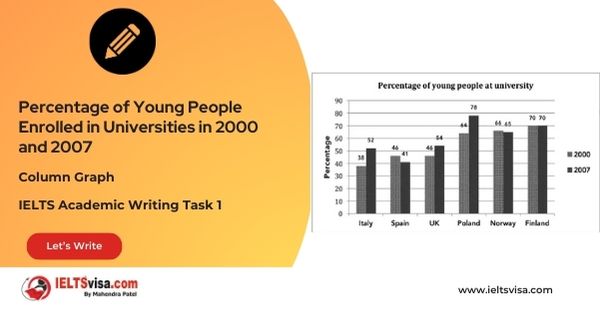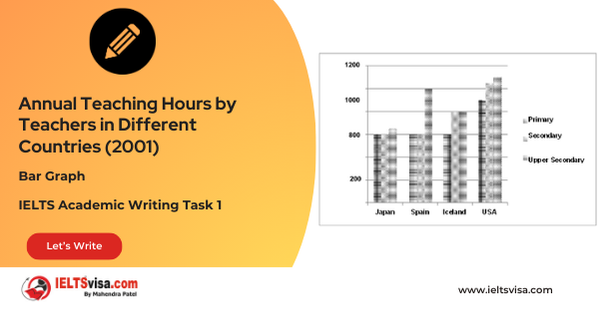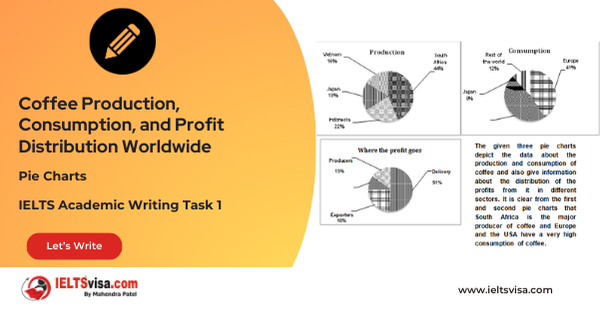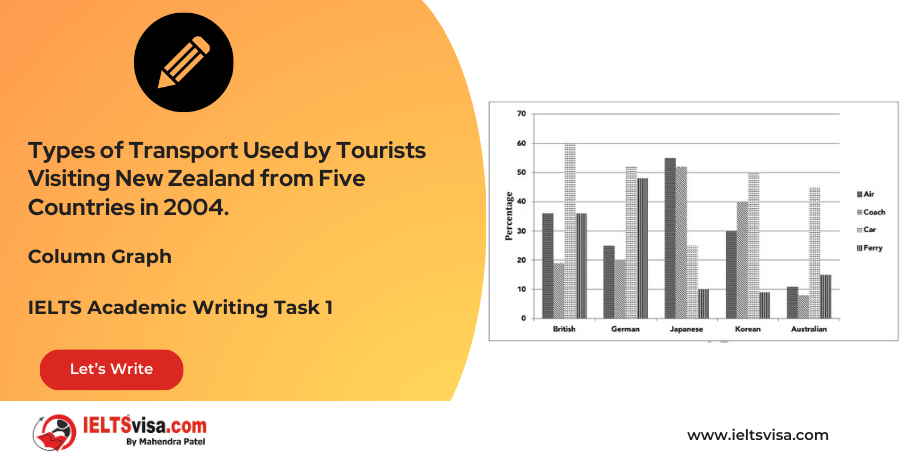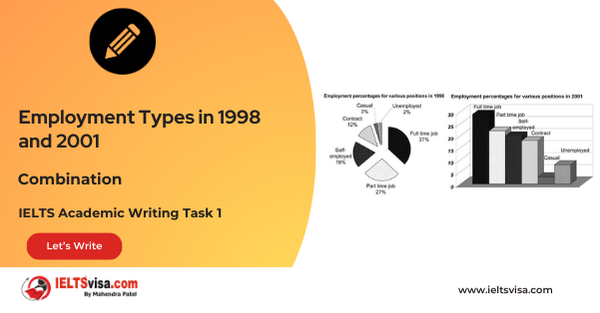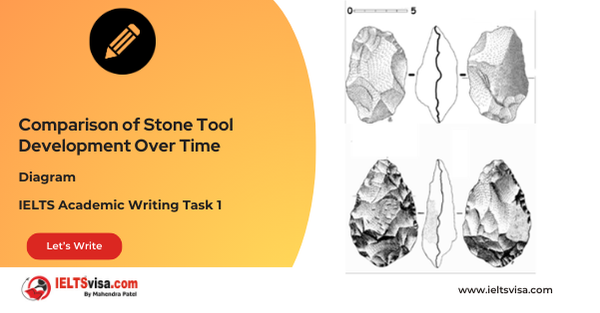The number of people taking part in a wildlife survey in Britain between 2001 and 2009
IELTS Academic Writing Task 1 -Table
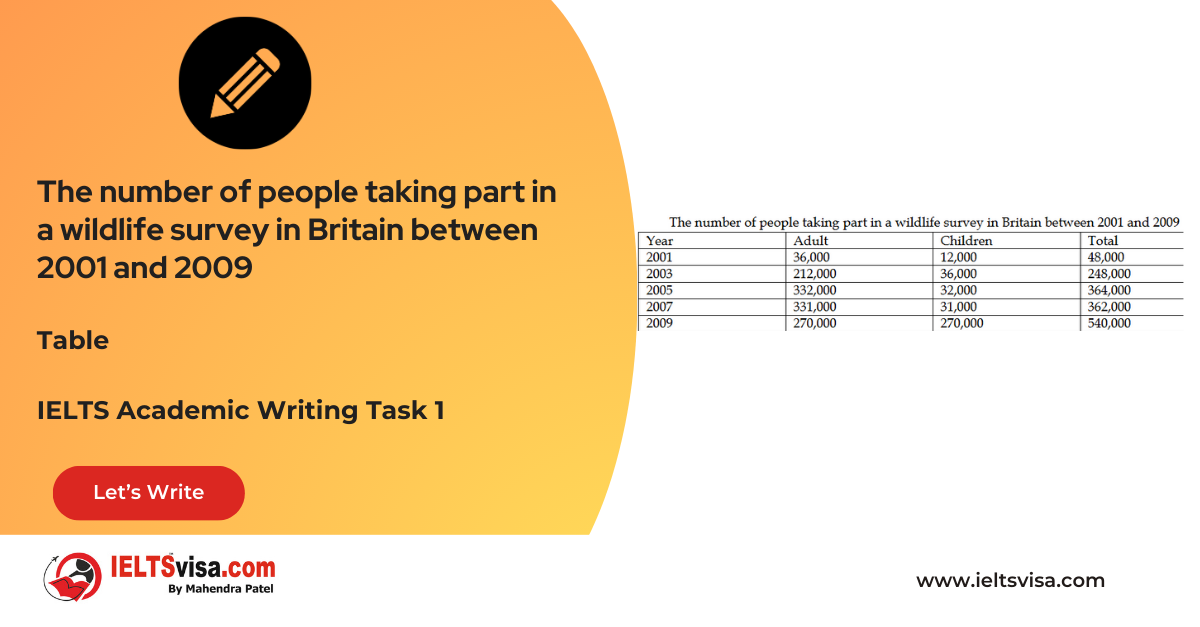
IELTS Writing Task 1 Question
The graph below shows the number of people taking part in a wildlife survey in Britain between 2001 and 2009. Summarise the information by selecting and reporting the main features and make comparisons where relevant.

Common Questions for the Table
1. Graph Type: Table
2. Title: Participation in a Wildlife Survey in Britain (2001-2009)
3. What are the units of measurement?: Number of participants (adults and children)
4. Who: Participants in the wildlife survey (adults and children)
5. What does the graph depict?: The number of people participating in the wildlife survey over time
6. When: Data from 2001 to 2009
7. Where: Britain
8. Topic: Trends in participation in a wildlife survey
Comparison Showing and Trends Any change over time (such as an increase or a decrease) is a trend.
Comparison 1: Overall Participation Growth
- Details:
- The total number of participants in the wildlife survey increased dramatically, rising from 48,000 in 2001 to 540,000 in 2009.
Comparison 2 : Trends in Adult Participation
- Details:
- Adult participation rose sharply from 36,000 in 2001 to 212,000 in 2003, peaking at 332,000 in 2005. However, participation then declined to 240,000 by 2009.
Comparison 3 : Trends in Children Participation
- Details:
- The number of child participants also rose significantly from 12,000 in 2001 to 60,000 in 2003. After a dip, the number surged to 270,000 in 2009, matching the number of adult participants for the first time.
Sample Answer
The provided graph illustrates the participation of adults and children in a wildlife survey in Britain from 2001 to 2009.
Overall, while adult participation was consistently higher than that of children in most years, the numbers converged in 2009, highlighting a significant increase in child engagement in the survey.
The total number of participants grew dramatically during this period, increasing from 48,000 in 2001 to 540,000 in 2009, which is more than an eleven-fold rise. The number of adults participating saw significant growth, from 36,000 in 2001 to 212,000 in 2003, reaching a peak of 332,000 in 2005. However, there was a decline in adult participation thereafter, with only 240,000 adults taking part in the survey by 2009.
Children’s participation followed a similar initial upward trend, increasing from 12,000 in 2001 to 60,000 in 2003, but then fell before surging dramatically to 270,000 in 2009. This surge meant that, for the first time, the number of child participants equalled that of adults, both at 270,000.
Top 24 Vocabularies
| Vocabulary (type) | Meaning | Synonyms | Examples |
| Participate (v.) | To take part in an activity or event | Engage, join | “Many people participated in the wildlife survey.” |
| Escalate (v.) | To increase rapidly or intensively | Surge, rise | “Participation escalated dramatically from 2001.” |
| Dramatic (adj.) | Sudden and extreme in effect or appearance | Significant, striking | “There was a dramatic increase in child participants.” |
| Trend (n.) | A general direction in which something is developing or changing | Pattern, tendency | “The trend in adult participation showed an initial rise.” |
| Equal (adj.) | Being the same in quantity, size, degree, or value | Equivalent, identical | “The number of adults and children was equal in 2009.” |
| Survey (n.) | A detailed examination or study of something | Poll, questionnaire | “The wildlife survey in Britain showed participation trends.” |
| Converged (v.) | To come together or meet at a point | Merged, united | “In 2009, adult and child participation converged.” |
| Significant (adj.) | Important enough to have an effect or influence | Noteworthy, considerable | “There was a significant increase in child participation.” |
| Engagement (n.) | The act of being involved or participating in something | Involvement, participation | “The survey saw a rise in children’s engagement over time.” |
| Peak (n.) | The highest or most intense point | Apex, summit | “Adult participation peaked at 332,000 in 2005.” |
| Decline (v.) | To decrease in number, quality, or strength | Drop, decrease | “Adult participation declined after 2005.” |
| Surge (v.) | To increase suddenly and strongly | Soar, spike | “Children’s participation surged to 270,000 in 2009.” |
| Total (n.) | The whole number or amount | Sum, aggregate | “The total number of participants increased dramatically.” |
| Rise (v.) | To increase in level or amount | Grow, ascend | “Participation rose dramatically during the period.” |
| Initial (adj.) | Occurring at the beginning of something | Primary, first | “There was an initial upward trend in participation.” |
| Dramatically (adv.) | In a way that is sudden and extreme | Strikingly, significantly | “Children’s participation grew dramatically.” |
| Participation (n.) | The action of taking part in an activity | Involvement, contribution | “Children’s participation in the survey grew over time.” |
| Growth (n.) | The process of increasing in size, number, or importance | Expansion, development | “The growth in child participation was substantial.” |
| Decline (n.) | A decrease or reduction in amount, strength, or importance | Reduction, drop | “Adult participation saw a decline after 2005.” |
| Equivalent (adj.) | Equal in value, amount, or meaning | Equal, identical | “The participation numbers for children and adults were equivalent.” |
| Comparison (n.) | The act of examining similarities and differences | Contrast, evaluation | “A comparison between the participation of adults and children was made.” |
| Convergence (n.) | The process of coming together from different directions | Union, meeting | “The convergence of numbers in 2009 was notable.” |
| Dramatic (adj.) | Striking, causing an emotional response | Extreme, notable | “There was a dramatic surge in child participation.” |
| Period (n.) | A length of time during which something happens | Duration, span | “The survey spanned a period from 2001 to 2009.” |

Our Books
Master IELTS Speaking Part 1
IELTS Writing Task 1 Book
IELTS Writing Task 2 Book
Writing Task 1 Question Types
Practice IELTS Other Modules
IELTS Listening
The IELTS Listening test assesses how well you can understand spoken English in various contexts. It lasts about 30 minutes and is divided into four sections with a total of 40 questions. The listening tasks become increasingly difficult as the test progresses.
IELTS Academic Reading
The IELTS Academic Reading section assesses your ability to understand and interpret a variety of texts in academic settings. It is designed to evaluate a range of reading skills, including skimming for gist, reading for main ideas, reading for detail, understanding inferences, and recognizing a writer's opinions and arguments.
IELTS Speaking
The IELTS Speaking test assesses your ability to communicate in English on everyday topics. It lasts 11-14 minutes and consists of three parts: introduction, cue card, and a discussion based on the cue card topic.
IELTS General Reading
IELTS General Reading tests your ability to understand and interpret various types of texts. Here are some key areas and types of content you can expect to encounter in the reading section, along with tips for effective preparation.
IELTS Academic Writing Task 1
In IELTS Academic Writing Task 1, you are presented with a visual representation of information, such as graphs, charts, tables, or diagrams, and you are required to summarize, compare, or explain the data in your own words.
IELTS General Writing Task 1
In IELTS General Writing Task 1, you are required to write a letter based on a given situation. The letter can be formal, semi-formal, or informal, depending on the prompt. Here’s a breakdown of the key components to include in your letter
IELTS Academic Writing Task 2
In IELTS Academic Writing Task 2, you are required to write an essay in response to a question or topic. Here’s a guide to help you understand the essential elements of this task
IELTS Exam Tips
To succeed in the IELTS exam, practice regularly, familiarize yourself with the test format, improve your vocabulary, develop time management skills, and take mock tests to build confidence.
Grammer for IELTS
Grammar is the foundation of effective communication in English. Understanding tense usage, subject-verb agreement, and sentence structure enhances clarity and coherence in writing and speaking.
Vocabulary for IELTS
Vocabulary plays a crucial role in the IELTS (International English Language Testing System) exam, especially in the Speaking and Writing sections. Here’s an overview of why vocabulary is important and how it impacts your performance
RECENT IELTS SAMPLES QUESTIONS AND ANSWERS
Task 1 – Column graph – Percentage of Young People Enrolled in Universities in 2000 and 2007.
20:00 Start Pause Stop [df_adh_heading title_infix="IELTS Writing Task 1 Question" use_divider="on"...
Task 1 – Bar Graph – Annual Teaching Hours by Teachers in Different Countries (2001)
20:00 Start Pause Stop [df_adh_heading title_infix="IELTS Writing Task 1 Question" use_divider="on"...
Task 1 – Pie Charts – Coffee Production, Consumption, and Profit Distribution Worldwide
20:00 Start Pause Stop [df_adh_heading title_infix="IELTS Writing Task 1 Question" use_divider="on"...
Task 1 – Column graph – Types of Transport Used by Tourists Visiting New Zealand from Five Countries in 2004.
20:00 Start Pause Stop [df_adh_heading title_infix="IELTS Writing Task 1 Question" use_divider="on"...
Task 1 – Bar and Pie Chart Combination – Employment Types in 1998 and 2001
20:00 Start Pause Stop [df_adh_heading title_infix="IELTS Writing Task 1 Question" use_divider="on"...
Task 1 – Diagram – Comparison of Stone Tool Development Over Time
20:00 Start Pause Stop [df_adh_heading title_infix="IELTS Writing Task 1 Question" use_divider="on"...

